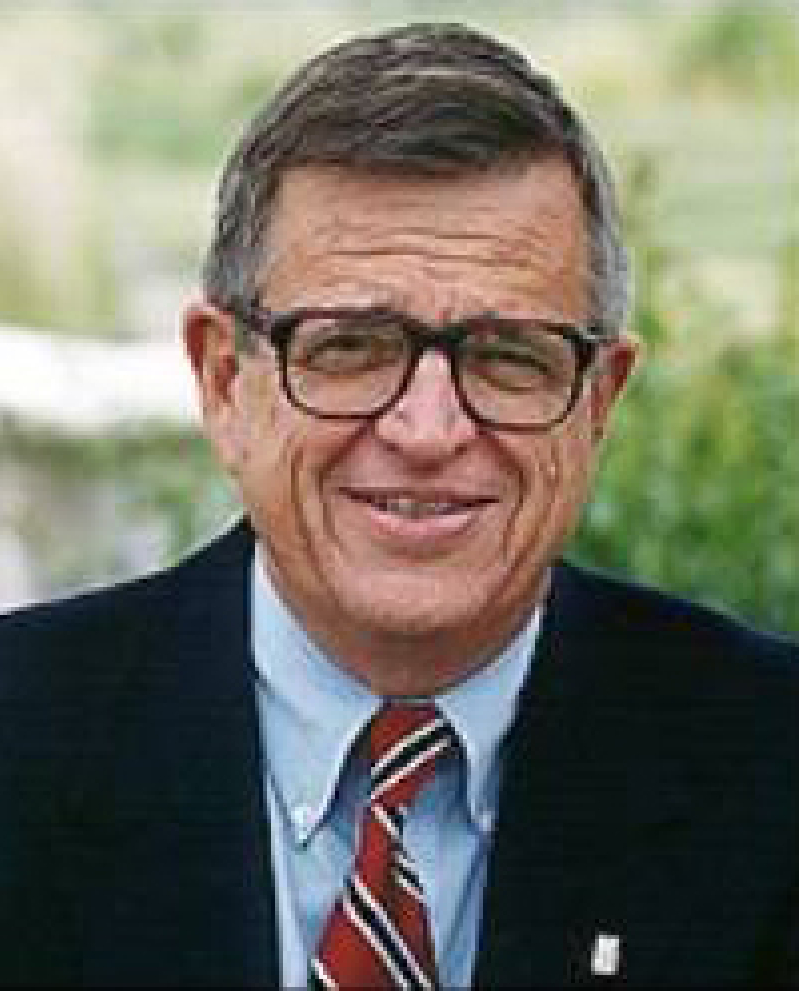
Earlier this week, I told you that Stephen Hawking, the great scientist, believes that the universe and life itself can be explained without referring to God; that God is, in Hawking’s words, “unnecessary.”
But there are some scientists who do believe there was a creator. The problem is that some of their ideas about the “creator” and his “creation” are straight out of a comic-book convention.
According to a recent article written by a university astronomer in the U.K.’s Telegraph newspaper, it’s possible that the “universe around us was created by people very much like ourselves, using devices not too dissimilar to those available to scientists today.”
In this scenario, our universe is only one of many universes: what physicists like Hawking call a “multi-verse.” In one of these universes, someone, using a device only slightly more advanced than the Large Hadron Collider, created a black hole, which in turn, led to the Big Bang that created our universe.
Mind you, there’s absolutely no proof of this or, for that matter, the existence of “parallel universes.” Nor should we expect any: As physicist Lawrence Krauss documents in his book Hiding in the Mirror, hidden dimensions and parallel universes are mathematical abstractions that can’t be proven in the lab or through observation.
In Krauss’ estimation, “our continuing intellectual fascination with extra dimensions may tell us more about our own human nature than it does about the universe itself.”
Even more outlandish than creation-by-beings-from-a-parallel-universe is the idea that the universe, including us, is really a gigantic computer simulation. If that sounds familiar, it ought to: It’s the idea behind the blockbuster film The Matrix.
The “reasoning” goes something like this: “technological advances” could enable “advanced humans,” or “post-humans” to “program and run simulations of “their evolutionary history.” These simulations would take the form of “virtual worlds inhabited by virtual people.”
So, not only is everything around us fake, we are, too.
According to one of the leading proponents of this idea, “there’s a 20 percent chance we’re living in a computer simulation.” His proof? Like the creation-from-a-parallel-universe, there isn’t any, and we shouldn’t expect any. An intelligence sophisticated enough to create such a simulation is, by definition, sophisticated enough to hide the truth from us.
Krauss is right: These kinds of speculations do tell us something about human nature, specifically its perversity. Surrounded by evidence that universe is not the product of blind chance but, instead, the result of purposeful intelligence, we imagine “creators” that are literally the stuff of science fiction.
And not coincidentally, these “creators” are “very much like ourselves.” More to the point, they make no demands on us – acknowledging their possible existence leaves us free to live as we please, with no obligations to either them or each other.
When St. Paul wrote “claiming to be wise, they became fools,” this is the kind of folly he had in mind. Creation makes God and his attributes knowable, but that kind of knowledge carries a price many of us are unwilling to pay. So, we opt instead for a “creator” made in OUR image. One that is far better suited for the comic books.
From BreakPoint, September 14, 2010, Copyright 2010, Prison Fellowship Ministries. Reprinted with the permission of Prison Fellowship Ministries. All rights reserved. May not be reproduced or distributed without the express written permission of Prison Fellowship Ministries. “BreakPoint®” and “Prison Fellowship Ministries®” are registered trademarks of Prison Fellowship







